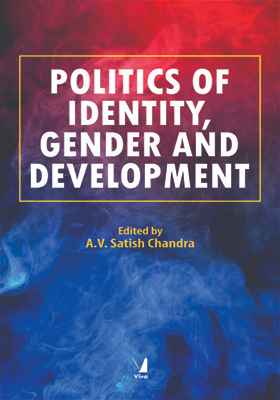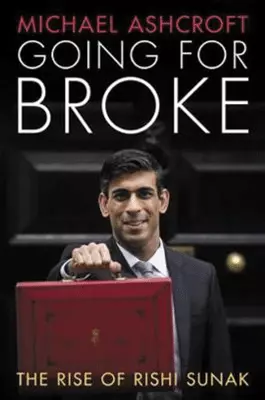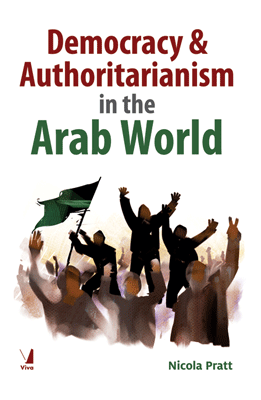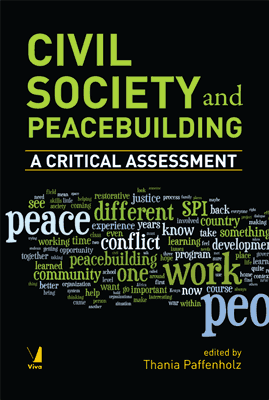
The UN Security Council
The UN Security Council
From the Cold War to the 21st Century
₹1,705.50 ₹1,895.00 Save: ₹189.50 (10%)
Go to cart-
Out of Stock
ISBN: 9788130931357
Bind: Hardbound
Year: 2015
Pages: 760
Size: 153 x 229 mm
Publisher: Lynne Rienner Publishers, Inc.
Published in India by: Viva Books
Exclusive Distributors: Viva Books
Sales Territory: India, Nepal, Pakistan, Bangladesh, Sri Lanka
Reviews:
“A richly informative volume on the evolving role of the Council.”
— Chadwick Alger, lnternational Studies Review
“[A] well —planned and fascinating book .... Well worth reading.”
— Sally Morphet, lnternational Affairs
“Encyclopedic in scope and authoritative in analysis .... Everyone who cares about the future role of the United Nations and the international rule of law will want to read this book.”
— John G. Ruggie, Harvard University
“It is hard to imagine a more timely volume. This is a must read for any serious student or scholar of the United Nations, or indeed anyone pondering the relative success or failure of the international community's grand experiment in regulating the use of force by law.”
— Anne —Marie Slaughter, Woodrow Wilson School, Princeton University
“A wide —ranging and highly topical study of that most mysterious and misunderstood international body, the UN Security Council.”
— David Hannay, British Ambassador to the UN, 1990 —1995
“David Malone has assembled an extraordinarily talented group of authors .... This is a key work for any who wants to be informed about the United Nations.”
—Joseph S. Nye, Kennedy School, Harvard University
“At a time when there is a vigorous debate both within and outside the UN Security Council about its relevance for world affairs, this book is a necessary grounding for our thinking.”
— I. William Zartman, SAIS, John Hopkins University
Description:
The nature and scope of UN Security Council decisions-significantly changed in the post-Cold War era-have enormous implications for the conduct of foreign policy. The United Nations Security Council, offers a comprehensive view of the council both internally and as a key player in world politics. Focusing on the evolution of the council's treatment of key issues, the authors discuss new concerns that must be accommodated in the decisionmaking process, the challenges of enforcement, and shifting personal and institutional factors. Case studies complement the rich thematic chapters. The book sheds much-needed light on the central events and trends of the past decade and their critical importance for the future role of the Council and the UN in the sphere of international security.
Contents:
Introduction • Security Council Decisions in Perspective
SECURITY COUNCIL DECISIONMAKING: NEW CONCERNS • The Humanitarian Impulse • Human Rights • Democratization • Tackling Terrorism • Conflict Prevention • Armed Nonstate Actors
ENFORCING COUNCIL MANDATES • The Use of Force • The Authorization Model: Resolution 678 and Its Effects • Reforming Sanctions • The Iraq Sanctions Committee • The Angola Sanctions Committee • Weapons of Mass Destruction: The Case Iraqi Case • Virtual Trusteeship
EVOLVING INSTITUTIONAL FACTORS • Council Working Methods • Permanent and Elected Council Members • The UN Secretary-General • International Tribunals and Courts • Collaborating with Regional Organizations • Groups of Friends • Special Representatives of the Secretary-General • Pressure for Security Council Reform • The U.S. in the Security Council: A Faustian Bargain? • Working with NGOs
MAJOR UN OPERATIONS ON FOUR CONTINENTS • The Middle East Peace Process • Namibia • El Salvador • Mozambique • Bosnia • Haiti • Rwanda • Rwanda: An Insider's Account • Rwanda: An African Perspective • Sierra Leone • Kosovo • East Timor • East Timor: A Field Perspective • Ethiopia and Eritrea
IMPLICATIONS The Security Council and International Law • The Security Council in the Twenty-first Century • Conclusion
About the Author:
David M. Malone, after serving for six years as president of the lnternational Peace Academy, has returned to the Canadian Foreign Service. He has served as Director General of the Policy, lnternational Organizations, and Global Issues bureaus in the Canadian Department of Foreign Affairs and lnternational Trade (1994-1998) and as Canada's ambassador to the United Nations (1992-1994). His recent publications are From Reaction to Conflict Prevention: Opportunities for the UN System (coedited with Fen Osler Hampson) and Decision-making in the UN Security Council: The Case of Haiti.






